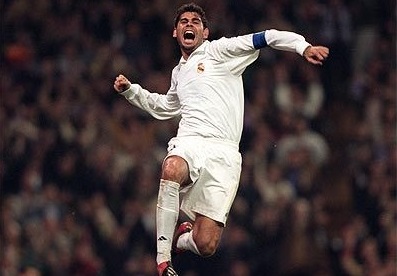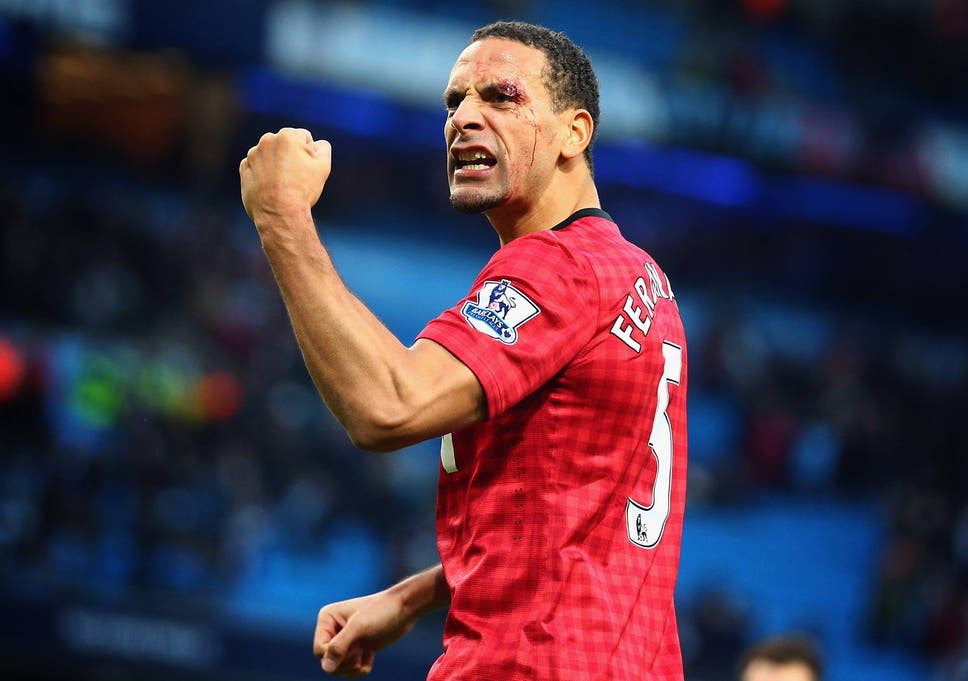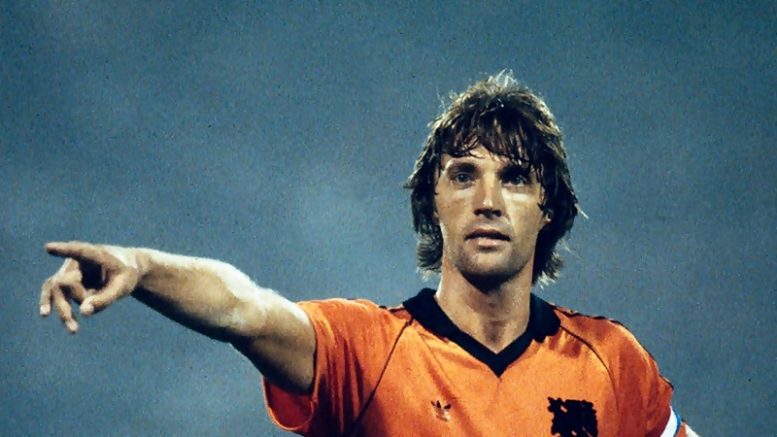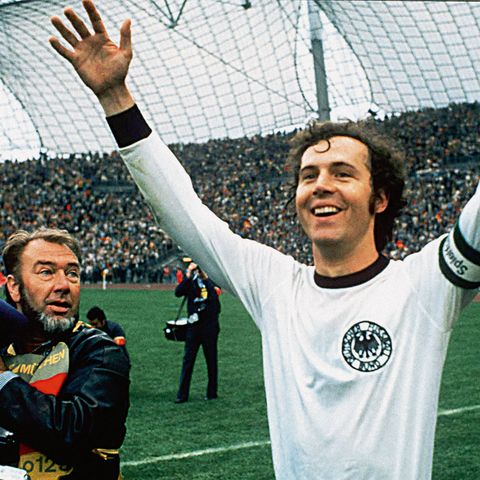26. Maxime Bossis. 21 points

Maxime Bossis never left France, but he had achieved universal recognition anyway for his performances for the French national team. He was a complete defender — agile, strong, very quick and technical, which made him adaptable to any defensive task that the manager gave him. In the 1984 Euros, with Amoros missing most of the tournament due to suspension, he became the fulcrum of the eventual champions, organising the defence and making piercing runs with the ball to further confuse the opponents (like carre magique wasn't enough). His nickname "The Giraffe" is quite cool and original as well.

Maxime Bossis never left France, but he had achieved universal recognition anyway for his performances for the French national team. He was a complete defender — agile, strong, very quick and technical, which made him adaptable to any defensive task that the manager gave him. In the 1984 Euros, with Amoros missing most of the tournament due to suspension, he became the fulcrum of the eventual champions, organising the defence and making piercing runs with the ball to further confuse the opponents (like carre magique wasn't enough). His nickname "The Giraffe" is quite cool and original as well.






/https://images.sport1.de/imagix/426b3642-c7c0-11e8-b08e-b8ca3a67761c)


















